Basics:
Incorporation of your Startup
in Germany

Incorporating a limited liability company in Germany
A GmbH (which stands for “Gesellschaft mit beschränkter Haftung”) is the most popular limited liability company under German law and can easily be incorporated. The limitation of liability allows you to protect your private estate from any liabilities resulting from the business activites.
A GmbH can have one or more shareholder(s) and one or more managing director(s). Managing directors have the power to act in the company’s name. The do not need to be shareholders, but they may. The incorporation always has to be notarised.
The share capital
The GmbH comes with a minimum share capital of 25k EUR. The good news is that you may already incorporate with half that money (12.5k). The other half must not be paid into the company’s account, as long as the managing directors do not require this to happen. Also: the share capital paid into the company’s business account is not “frozen” and can be used – within the limits of law – for business operations.
What about a UG?
The “UG (haftungsbeschränkt)” is the GmbH’s little sister (also called “mini-GmbH”). This means it actually is a GmbH and therefore comes with all the GmbH’s features, along with a couple of peculiarities. Most importantly, the UG doesn’t have a minimum share capital: you can incorporate one with as little as 1 EUR worth in shares. On the other hand, it has a couple of limitations and, most importatly, it doesn’t enjoy an excellent reputation in some business areas.
If you wish to incorporate a UG, just specify this when filling in the form.
The question about shareholders
The first most important question you have to ask yourself is, which natural or legal persons will be the shareholders of the GmbH to-be. Please note that, in principle, the shareholders must pay the share capital when incoporating the company, according to their share.
Documents required:
- If the shareholder is a natural person:
- a valid ID or passport
- If the shareholder is a legal entity:
- a proof of existence (e.g. an up-to-date excerpt of the commercial registry, a notarial statement etc.)
- an official document showing who has the power to act in the company’s name – usually the (managing) directors (e.g. an up-to-date excerpt of the commercial registry, a notarial statement etc.)
Please note that, depending on the country the shareholder is based in, additional requirements – such as a sworn translation, a notarisation or an apostille – may be required.
